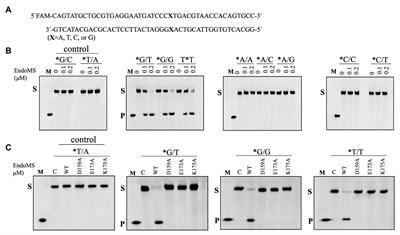EDITORIAL
Published on 29 Jul 2021
Editorial: Mechanisms of Preservation and Change in Archaeal Genomes
doi 10.3389/fmicb.2021.722509
- 1,077 views
5,466
Total downloads
22k
Total views and downloads
EDITORIAL
Published on 29 Jul 2021
ORIGINAL RESEARCH
Published on 10 Jun 2021
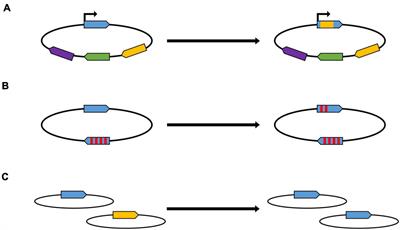
ORIGINAL RESEARCH
Published on 09 Jun 2021
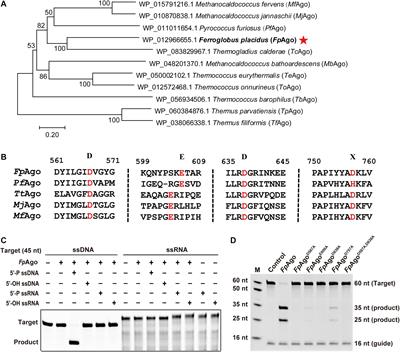
REVIEW
Published on 25 May 2021
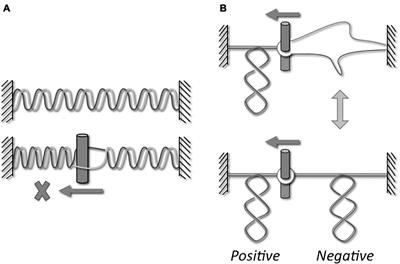
ORIGINAL RESEARCH
Published on 22 Apr 2021
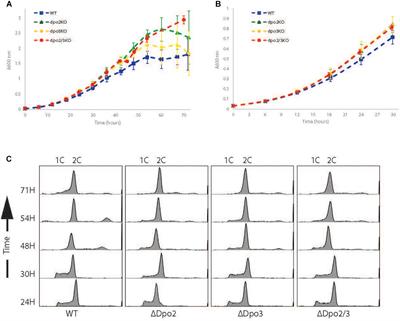
ORIGINAL RESEARCH
Published on 13 Apr 2021

ORIGINAL RESEARCH
Published on 23 Dec 2020
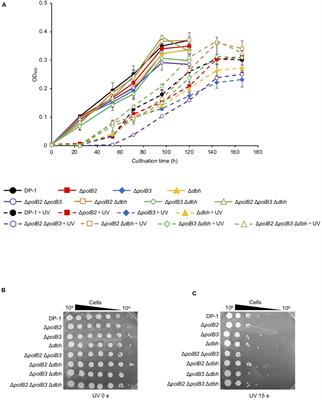
ORIGINAL RESEARCH
Published on 01 Dec 2020
